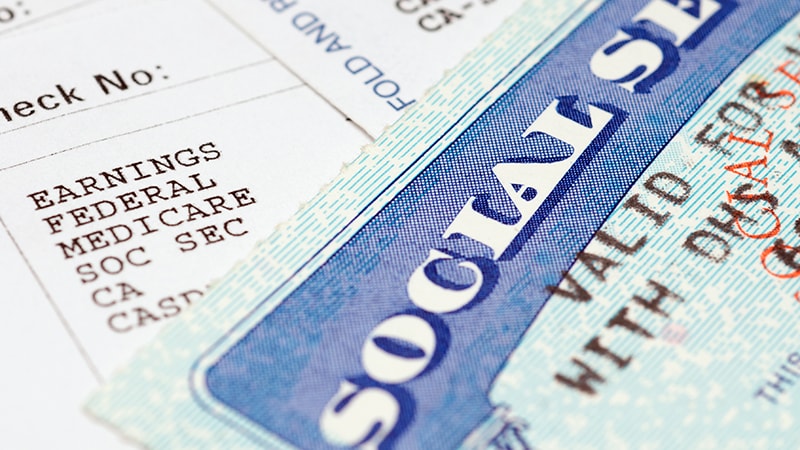
Data scientists working for the Pandemic Response Accountability Committee (PRAC) said they have identified more than $5.4 billion in potentially fraudulent loans issued under Federal government relief programs that were obtained by crooks using 69,323 stolen or fraudulent Social Security Numbers (SSNs).
The allegedly fraudulent loans were scammed from the Small Business Administration’s (SBA) Paycheck Protection Program (PPP) as well as the COVID-19 Economic Injury Disaster Loan (COVID-19 EIDL) program aimed at helping small businesses during the coronavirus pandemic.
“The PRAC’s team of data scientists identified the potential fraud and identity theft by using the PRAC’s Pandemic Analytics Center of Excellence (PACE) to analyze information from over 33 million COVID-19 EIDL and PPP applications,” the group said in a fraud alert issued this week.
“PRAC used publicly available Social Security Administration (SSA) information to identify a targeted selection of SSNs used on applications, both disbursed and undisbursed, that may have been invalid or not assigned prior to 2011,” said the group, which is made up of Federal government inspectors general.
The techniques that PRAC utilized to identify the alleged fraud involved flagging at least one of the following factors regarding SSA verification codes.
- The SSN was not issued by SSA;
- The SSN was associated with a different name according to SSA’s records;
- The SSN was associated with a different date of birth at SSA;
- The SSN was not verified by SSA for another reason.
The Social Security administration (SSA) was also able to confirm 221,247 SSNs were “either not issued by SSA or that identifying information in SSA’s records did not match the name and/or date of birth information provided by the COVID-19 EIDL or PPP applicant,” the fraud alert states.
Out of the 221,247 SSNs that were at risk for Identity theft, only 69,323 were actually in either EIDL or PPP applications.
PRAC said it will continue to work with the SBA Office of Inspector General (OIG) and other law enforcement agencies to further investigate fraud and provide relevant analyses.
